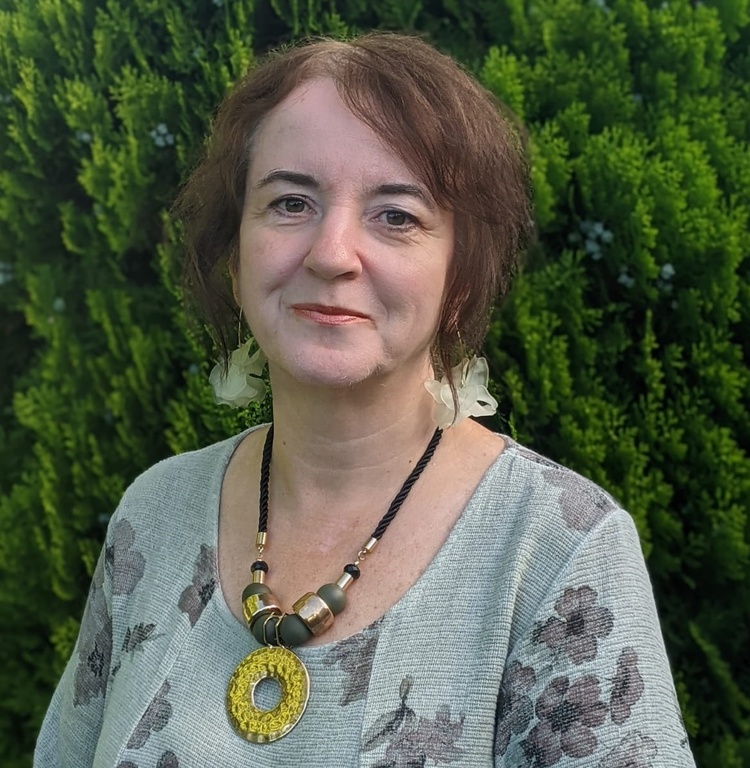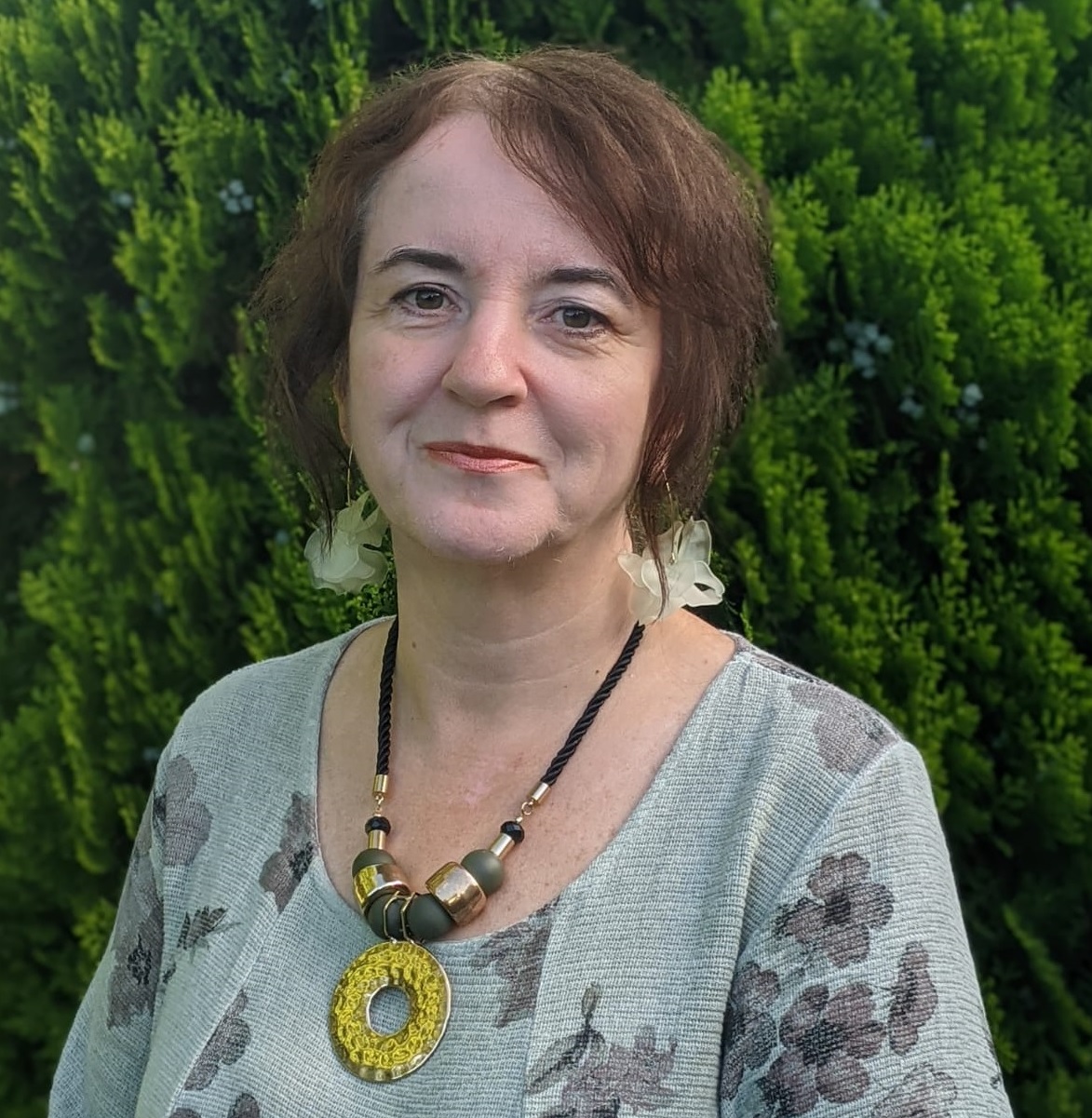Sascha Duggan, Claudia Xin Yi and Imogen Gardiner finished first, second and fourth in the state rankings respectively.
The talented class of 2020 was facilitated by an enthusiastic teacher who has been following the language program at the girls’ school in North Shore since 2001.
For Sorina Cepraga, the secret to maintaining motivation and achieving excellent results lies in six key elements which, in English, she calls the six “Ps”: passion, purpose, person, plan, practise and prepare.
The first ingredient of the recipe for success is passion: talent and perfect pronunciation are not enough; there must be commitment and love.
“For me it is very important to take a few minutes before each lesson to have a chat and listen to the girls, who share their world and attitude towards everything that is Italian,” Cepraga said.
“And I try to excite the students even before starting to teach the alphabet.”
At the beginning of every year, it is essential to set learning goals – large and small – to move forward with a specific purpose, understanding the positive impact that a language can have on cognitive flexibility and problem-solving skills.
Cepraga’s approach aligns with the personalisation of teaching.
“During the first lesson, I explain to the girls that I don’t teach a class, but each and every one of them, supporting their individual needs, abilities and personalities,” she said.
Studying a language is no different from learning to ride a bicycle; everyone can do it but people may learn in different ways and at different rates.
All that is needed are self-belief and hard work.
Cepraga said that even during the coronavirus pandemic, all of her students worked hard, continuing to revise, correct and improve right up until the exam.
Even the tests during the year were discussed together in class, so they weren’t “bad surprises” but rather pleasurable exercises.
The teacher compares preparation for HSC to that of the Olympics.
“We train every day,” she said.
“We work on the exams, I meet the students individually to talk about their progress and some of them keep a diary.
“It is only through review, repetition and practice that progress can be made.
“For many of them, learning Italian and languages in general becomes a lifelong commitment.”
Cepraga pays particular attention to the emotional wellbeing of her students and listens carefully to everything they have to say, from topics such as friendships and interpersonal relationships, to study and sport.
After the final exam, the most important thing for Cepraga is not a perfect score but that students leave feeling satisfied that they have done their best, in line with the school’s motto: All’ultimo lavoro, a phrase by Dante which means “strive for the highest”.
The students’ interest in language and culture is cultivated throughout the year “by presenting the content with care and enthusiasm, knowing that every word counts and that any contact with authentic Italian helps”.
“I prioritise fostering relationships and creating a fun atmosphere,” Cepraga said.
“I see myself as a facilitator, not a teacher; I support the girls’ initiatives and guide them towards autonomous learning.
“They find movies to watch and music to listen to.
“We have fun and laugh a lot throughout the year; we play role-playing games, sing songs and do online activities on Education Perfect.
“The students like to work on Google Docs, so we can edit the files at the same time.”
Other incentives to study Italian at the school are: a trip to Italy that’s organised every two years; excursions to Leichhardt to watch a movie and have lunch; and an Italian Language Teachers Association NSW (ILTA) dance organised by Gaetano Castiglione.
“Fun Fridays” are also organised around conversation and food, as well as Saturday meetings to improve writing skills and preparation days for the exam.
Cepraga is always very proud of her students.
“Like their parents and the school, I support them, guide them and help them,” she concluded.
“But in the end, it is the girls who have to do all the work to become the best version of themselves.”
Words from the students
Claudia Yi
I really liked my Italian class because we were all very close and we always helped each other.
I had a great study group in my Italian class and we all ended up doing really well because we helped each other by sharing speaking, listening, reading and writing ideas and tips.
We also kept each other accountable leading up to trials/HSC.
I was also extremely lucky to have an amazing and supportive teacher who never hesitated to help me after school or during lunchtimes.
I advise students to seek help from your teacher: ask them to speak in Italian at lunch or mark some writing; they will be more than happy to help you and you being passionate about their subject will make them happy.
Imogen Gardiner
I loved studying Italian and was very fortunate to be taught by Prof. Cepraga, who struck a perfect balance between enjoyment and hard work.
Our class atmosphere was always lively and enthusiastic, and Prof. shared many great Italian delicacies and entertaining movies with us.
I still challenge myself to think in Italian every day.
For example, at running training I count my “reps” in Italian and when I race, I come up with motivating Italian quotes to help me run faster!
Two key study habits that really helped my Italian were very unconventional: I listened to music every day while I exercised and gave my brain a workout at the same time by trying to translate the lyrics in my head.
It’s a simple activity but really helps to get your brain thinking in Italian.
Similarly, I watched Netflix with Italian subtitles which made my brain start to translate everything I heard and read around me.












